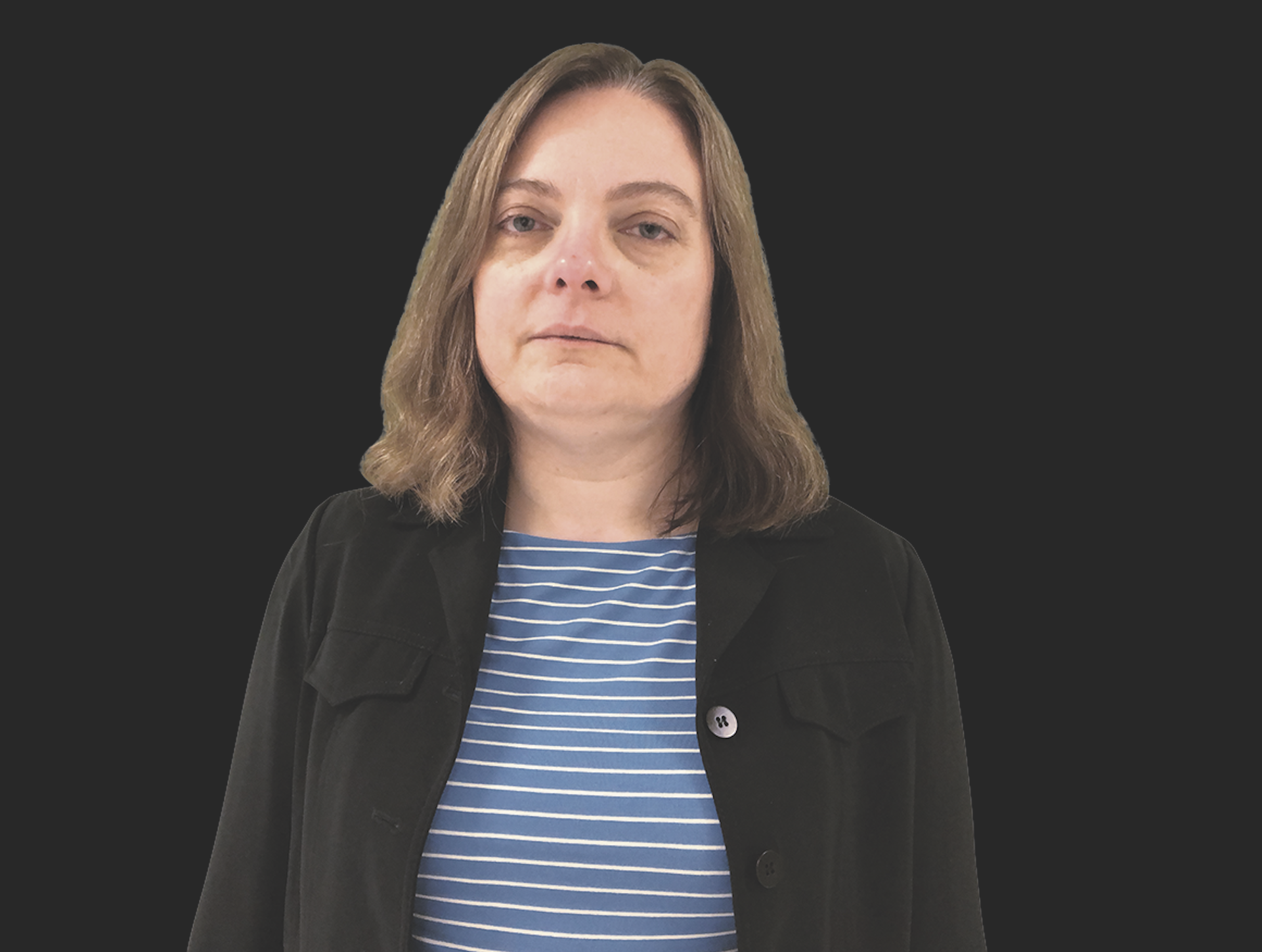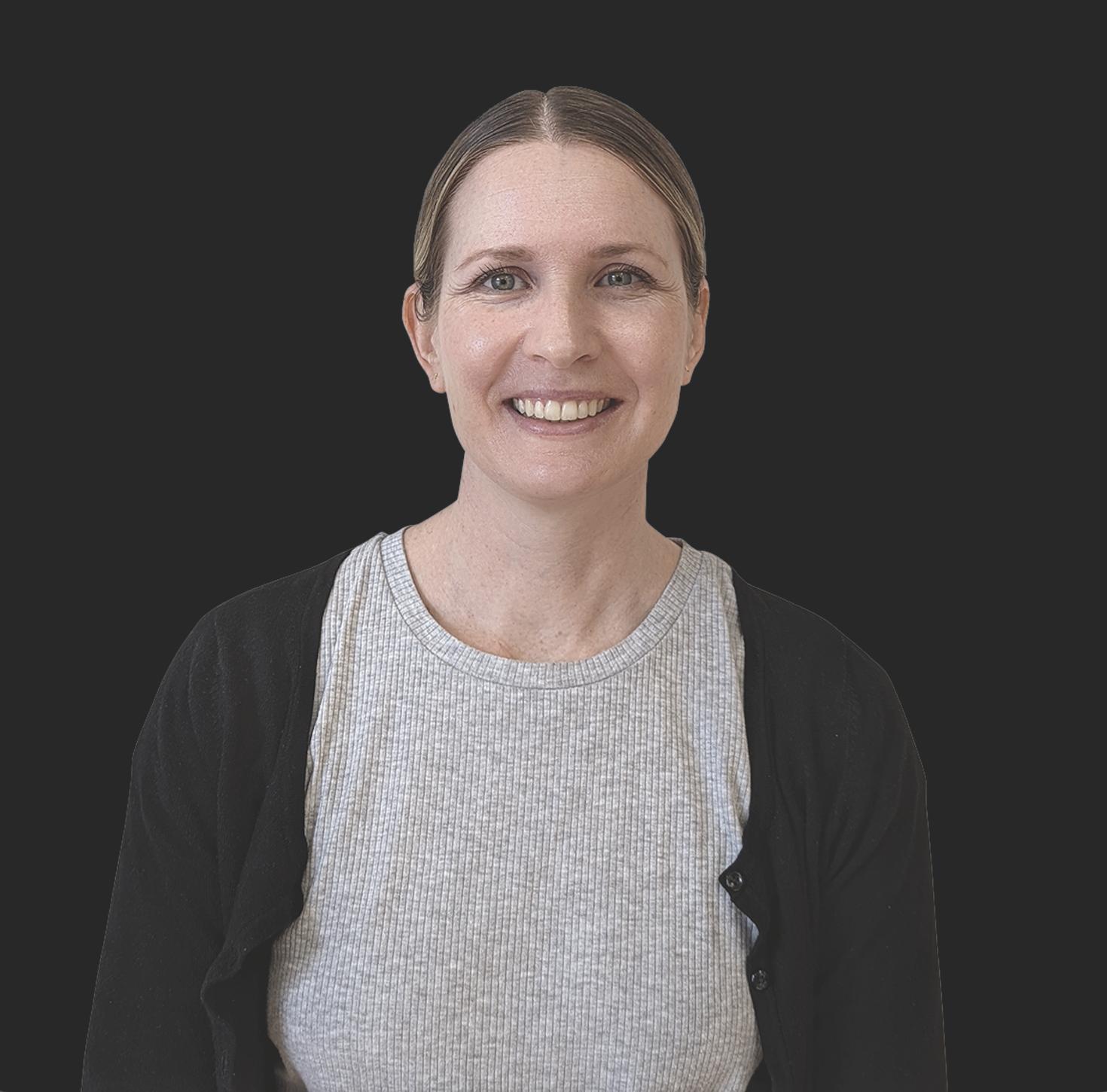Axe assumptions. Vanquish vagueness. Respond to patient beliefs and concerns.
Sexual health is critical to the overall health of an individual. However many health professionals report challenges when discussing sexual health with patients. While research has identified many barriers to open communication, lack of confidence and concern at inadequate clinical knowledge are themes often cited by health workers.1
These challenges appear greater in younger patients, older patients, people with disabilities and people who have chronic health conditions, which may affect a person’s sexual health.2 It’s not surprising that language used in discussing sexual health appears to significantly impact the therapeutic value of these conversations. Generally speaking, ‘frank yet sensitive’ conversations are considered preferable.
This means being clear – avoiding euphemisms or assumptive responses such as presumed pronouns, nature of personal relationships or challenging unexpected responses.1 Some standardised screening tools can be valuable to support this (see Box 1), and many of the barriers to confidence can be overcome through training packages available through sexual health organisations (see Box 2).
AP asked two pharmacists who have mastered their communication skills and regularly speak with patients to support their sexual health and STI treatments to share what they say.
Box 1
| Provide context and gain consent | Screening questions |
| “I would like to ask some questions about your sexual history to provide you with the best possible advice. Your information is confidential and you don’t have to answer any questions you don’t want to.” |
|
Fiona Marple-Clark

Consultant Pharmacist –– HIV Gold Coast Sexual Health Clinic Southport, Queensland
Case 1
A young male* enters the sexual health clinic requesting antibiotics.
As the Consultant Pharmacist specialising in HIV, I am asked to speak to him. In one of the multiple clinic rooms, I determine that this man, aged 25, a student at a local university, has recently arrived in Australia from Thailand.
He is concerned about getting an STI and wants to buy some antibiotics, like he has previously in his home country, to have on hand ‘just in case’.
Questioning him, I find this man has never been diagnosed with an STI but he thought he may have had one when living in Thailand. He had bought some non-prescription antibiotics from a Thai pharmacy where they are readily available. He has no current symptoms, only has sex with men, and his condom use is inconsistent.
Antibiotics in Australia, I say, can only be obtained with a prescription. I discuss STI screening, which would consist of blood and urine tests and some swabs. Antibiotics would only be prescribed if he had an infection and would not be provided ‘just in case’. He thinks it’s a good idea for a full STI screen – including for HIV, syphilis, gonorrhoea, chlamydia and hepatitis B.
So, I organise the screen with the clinic nursing staff and it is done that day on the premises. The following week, he is contacted by either SMS or phone (whatever he consented to when registering as a patient) and asked to return for a clinic appointment as some of his tests have returned positive results.
At the appointment nurses advise him of the rectal chlamydia and rectal gonorrhoea results, which are immediately treatable with no major consequences. A doctor had prescribed antibiotics as soon as the pathology results were returned.
Nurses treat him then with two antibiotics, which are provided at no cost to sexual health clinic patients:
- Ceftriaxone 500 mg injection, by intramuscular injection, single dose in 2 mL lidocaine (lignocaine) 1% injection
- Doxycycline 100 mg tablets, orally, twice a day for 7 days.
Having dealt with the acute conditions first, the patient is then advised he has HIV infection, which comes as an enormous shock. I am present with the nurse for this discussion as an HIV specialist pharmacist, and because he knows me from previously. He is not given treatment for HIV immediately as he has been referred to a doctor for the complex treatment to follow once numerous blood and other tests have been conducted.
These can take up to a month. There are also challenges with access to medicines due to his ineligibility, as an overseas student, for Medicare. I provide him with a lot of information about his risk of transmission to others and steps to prevent this, his prognosis and what treatments are available.
I tell him about antiretroviral therapy and outline the next steps in his treatment plan, which will continue for the rest of his life. I also answer his questions, which range from none initially due to the shock and/or need to absorb the diagnosis, to an emotional outburst and a query about how the disease was acquired.
A patient’s comprehension is mostly dictated by life experience, cultural background and health literacy. This case demonstrates that someone can be asymptomatic and otherwise well but have multiple STIs that are easily transmitted to others. And it must be remembered that HIV can transmit more readily in the presence of other STIs.
* Some details have been changed for privacy reasons.
Ashleigh Chapman

MPS GP Pharmacists View St medical North Perth, WA
Case 2
Mr AS, 29 years, is in the clinic receiving his fourth COVID-19 vaccination prior to travel overseas in 2 weeks. He currently takes PrEP (tenofovir 300 mg/emtricitabine 200 mg) periodically for prevention of HIV. His last STI check was 2 weeks ago.
His medical record has PrEP listed, so while talking about his plans for travel backpacking through Asia, I ask if he has enough medicine for his trip and how he usually initiates it.
He confirms he has enough supply and will take two tablets the day before he leaves and then one daily for his whole trip. I reinforce the main points of PrEP: take one tablet a day.
Box 2 – Top resources for pharmacists
|
If ceasing the medicine, ensure he takes one tablet a day for 48 hours after the last sexual encounter (this advice is only for cisgender men who have sex with men) and to come in for a STI check with his GP every 3 months. PrEP only protects against HIV, I add, so condoms are still advised to protect against other STIs such as syphilis, chlamydia, and gonorrhoea.

Our conversation is casual, he is very excited about the trip and happy to answer questions. Mr AS comes in for an asymptomatic STI screen 2 months later. An acute pharyngeal gonorrhoea infection is detected. He is given a script for 2 g azithromycin by the GP and administered cefriaxone 500 mg IMI stat in 2 mL lidocaine (lignocaine) 1% in clinic by the nurse. The 2 g azithromycin dose is queried by Mr AS and I am asked for advice.
I explain that is the correct dosing for pharyngeal infection; a higher dose is needed due to reduced drug penetration to pharyngeal mucosa. It can, however, cause gastrointestinal adverse effects. I advise him to have no sexual contact for 7 days after treatment.
He says the GP has spoken to him about contact tracing and I advise no sex with partners from the last 2 months until the partners have been tested and treated if necessary. I confirm he has a follow-up appointment booked with the doctor.
References
- Kelder I, Sneijder P, Klarenbeek A,et al.Communication practices in conversations about sexual health in medical health care setting: a systematic review. Patient Educ Couns 2022; 105 (4): 858-68.
- CanzonaMR, GarciaD, FisherCL,et al.Communication about sexual health with breast cancer survivors: variation among patient and povider perspectives. Patient Educ Couns 2016; 99(11): 1814-20.



 Dr Peter Tenni[/caption]
Dr Peter Tenni[/caption]
 How should we deprescribe gabapentinoids, according to the Maudsley Deprescribing Guidelines[/caption]
How should we deprescribe gabapentinoids, according to the Maudsley Deprescribing Guidelines[/caption]



 Pharmacists have always prescribed, but they have the potential to prescribe much more
Pharmacists have always prescribed, but they have the potential to prescribe much more







